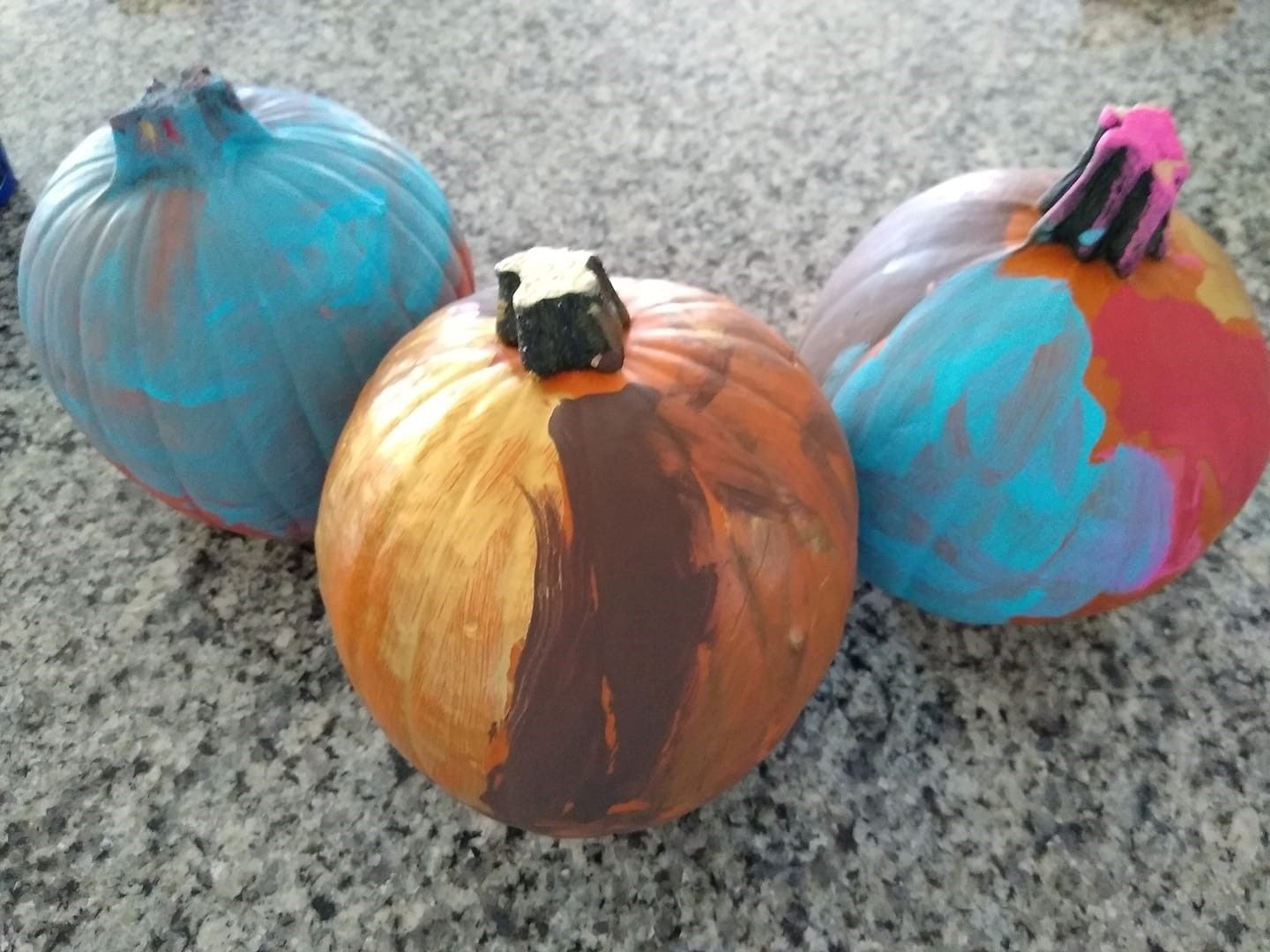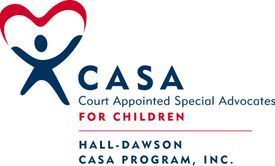
It was a simple request from my daughter, would you mind helping Erin with Language Arts homework? And the Zoom video meeting was set up. On the other end of the computer I found a frustrated eleven-year-old kid with a looming assignment ahead of her. “I have to write a paper about this poem,” she said. “It’s not fair.” The poem was Robert Frost’s “The Road Less Traveled,” and her frustration was the fact that the traveler had the choice to make. “What about me? What if I find myself on this road less traveled, but it wasn’t my choice? What if I wanted to stay on the other path?” Such great questions from an insightful kid who is experiencing foster care, and the beginning of a deeper conversation, which, in time, led to a completed assignment.
Throughout the past year, I have been navigating a new reality in our family which has impacted me, and the work I do. Though I have tried to keep these things separate, over time I have found separation is not the best course of action, and quite frankly not possible. It is time to come clean.
Last summer, our youngest daughter Emily, and her husband Curtis began classes to become foster parents. Because I work with a Court Appointed Special Advocate (CASA) program, recruiting and equipping community volunteers to advocate for children who are experiencing foster care, we took some time to be intentional in the ways Emily and Curtis and I could be successful and not create a conflict of interest for either of us. This has not been difficult to navigate because they live more than an hour away. They will not accept (or be offered) a placement for children who are from the counties I serve, and I will not know the last names of the children and not have access to any records of children who are not in the jurisdiction I serve. We had done our due diligence and thought through all the things we needed to address, or so I thought.
What I was not prepared for was just how much the children our kids were entrusted to care for would impact me, change me. First came the eleven-year-old with her twin four-year-old brother and sister. And after a 10 month stay and a few weeks to reset, the next sibling group has arrived. This time the sisters are ages 4 and 6 and their brother is 5.
The first calls from my daughter came, “He just cries and cries every night for hours. I don’t know what else to do?” They were matched by the questions from the kids, “Is this your house?” “Why am I here?” “Are you my mom?” And the disappointment, anger, and sometimes tears when their biological mom and dad missed a visit or call.
I thought I was prepared for this. I had just begun my twelfth year working in child welfare, directing CASA programs. I have always had a healthy admiration and appreciation for foster families and child welfare professionals. I understood the challenges of a broken system and I considered myself adept at finding resources and navigating barriers.
I had some learning and growing to do. Part of this growing process was understanding my role in this new place. Every part of me wanted to help navigate the system with my daughter for these kids. Each and every one. But that Is not my role. Each child has a CASA volunteer and our daughter is a tremendous collaborator with the CASA and case manager, a fierce advocate for each child in the school system, and she speaks up in court. My role involves none of these places. I am Emily’s mom and her biggest cheerleader. The one who takes calls at all hours and listens, offers respite when needed, comes over to help with laundry or take the kids to the park. It has taken some time to settle in that I cannot solve all the problems, though I will have to admit, I really enjoy this more limited role. This, it turns out, was the easier part.
I found myself being protective, of the kids yes. But more so, of myself. What I have learned in my work in child welfare is to compartmentalize. A wise mentor once taught me how to visualize putting everything in a bubble before I leave the office so I can leave work at work, and be fully present at home. This has been a successful strategy, until now. When the issues the children we serve at CASA are the same as those I hear on the call from my daughter, it has been difficult to separate.
In her book, The Gifts of Imperfection, author Brené Brown asserts, “to love someone fiercely, to believe in something with your whole heart, to celebrate a fleeting moment in time, to fully engage in a life that doesn’t come with guarantees – these are risks that involve vulnerability and often pain. But, I’m learning that recognizing and leaning into the discomfort of vulnerability teaches us how to live with joy, gratitude and grace.”
My new strategy includes engaging with my whole heart, being present where I am, no matter how many directions I may be scattered. This vulnerability is no joke. The approach has opened me up to greater heartbreak and a deeper capacity to love. Coupled with my better understanding of my more limited role, I have had more fun pushing 4-year-old, Ellie on a swing with her calls, “higher, higher.” I have learned all the Disney princesses by name, and now know how to build a castle. We have created works of art with paint and shaving cream, and decorated birdhouses.
Last weekend, the kids tried on their new art smocks and we painted pumpkins, then went to the park to play. Later that evening I received this text from my daughter, “Belle (age 6) was asked by her attorney during a visit, what’s the best part about being at Mrs. Emily’s house. Her response was, ‘Mrs. Emily’s mom’s house is my favorite part, because Miss Janet does art with us.’” I will take that as a win, and affirmation that I just might be settling into this new role and approach.
I am filled with much joy and gratitude for the lessons learned, for this life I get to live, and the pint-sized teachers in my midst who have helped make me a better person, and, I hope, a better CASA director.
*the names of the children have been changed to protect their privacy.

